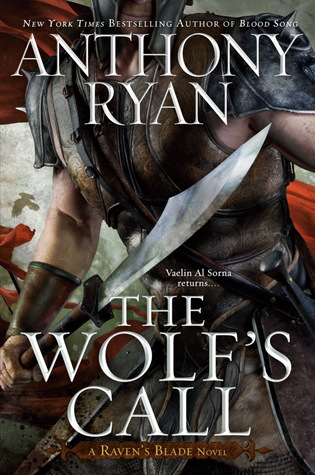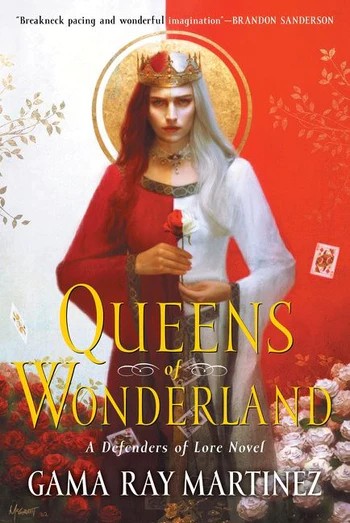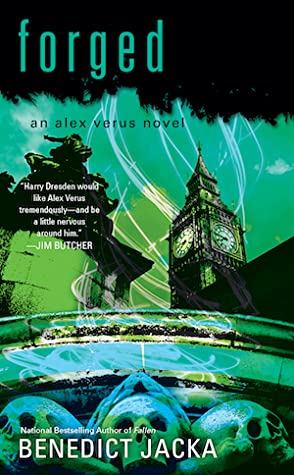Writing "Flawed" Characters
Rule number one of writing a character: that character must have flaws. It’s probably the most basic fact of writing, and yet is very easy for a poor or inexperienced writer to get wrong.
A flaw is something that hinders the character in some way. A character whose flaw is their bad temper might burn bridges by raving at people, leaving them in the lurch later on; a character whose flaw is overconfidence might find themselves in hot water when they get in over their heads. That’s a flawed character, realistic and relatable. Then there are “flawed” characters.
A “flawed” character is a character with a “flaw” that either:
(1) Really isn’t a flaw. This covers “flaws” like not being able to sing, or not being/thinking they’re pretty, or being a bit of a loner. Unless your entire plot centres around an American Idol contest, not being able to sing is not, and will never be, a flaw; similarly, there’s nothing wrong with being a loner, especially with how it tends to be written in fiction: the character has no friends, prefers their own company, and yet always manages to make friends wherever they go with no problems. These are “safe” flaws: they allow you to write a character that is still essentially perfect, but make them “relatable” or “realistic” by giving them a flaw that doesn’t detract from how wonderful they are. Twilight‘s Bella is a perfect example of this: her “flaw” is that she’s “ordinary” and “clumsy”, both very common safe flaws that seem to emphasise how much of an audience stand-in she is rather than make her in any way realistic.
(2) Really doesn’t affect them in any way. This can be a genuine flaw – being rude, for example – but the character doesn’t suffer from it. Their rudeness is brushed aside, with people either forgetting about it, deciding they were really wrong all along and therefore deserved her rudeness, or apparently isn’t even considered rudeness at all. Anyone who genuinely sees this as a flaw is instantly demonised as bad or mean, and deserving of our hatred. Other times, this is a flaw that either doesn’t come up or has no bearing on what the character is doing. This covers many safe flaws as well; a character who can’t sing is never affected by this flaw, or it gets swept under the rug as the character merely believing they can’t sing when really they can, or really being beautiful and just not dressing properly to show that off. Once again, Bella suffers heavily from this: clumsiness never gets her in any real trouble, and the idea that she’s ordinary is contradicted at every point in the text as characters tell her how beautiful, smart, and mature she is.
(3) Can’t really be defined. This is a flaw that combines the first two by its very nature. By not being a definable flaw, it’s impossible to say if it really is a flaw or not, and usually has no effect on the storyline because no one can be sure what sort of effects a flaw like that would have in the first place. This can be an attempt to ignore the common safe flaws that serve as red flags about a character, or can come about because of a genuine attempt to give them a flaw that doesn’t work out because the author didn’t get it across very well. This is one of the main problems with September, the protagonist of The Girl Who Circumnavigated Fairyland in a Ship of Her Own Making, and what ultimately makes her so flat as a character: her flaw is that she is “slightly heartless”, which is never explained or defined and never seems to affect her (this is, after all, the protagonist who saved a child when the child’s own mother stood to one side doing nothing, and volunteers for every heroic act in the book without a second thought).
“Flawed” characters are cop-outs, meant to be the character version of having your cake and eating it too. It’s as bad as having a character with no flaws at all. This is often the result of either inexperience or inability, and it can be easy enough to avoid if you ask yourself a couple simple questions: how does your character’s flaw affect them? Does it get them in trouble? Does it affect the plot? Is it really a problem for them at any point? Maybe you don’t want your character to be hated for their flaws, but remember: no one likes a perfect character, either. Find a good balance between having flaws and being likeable, and you will have written a good character.


